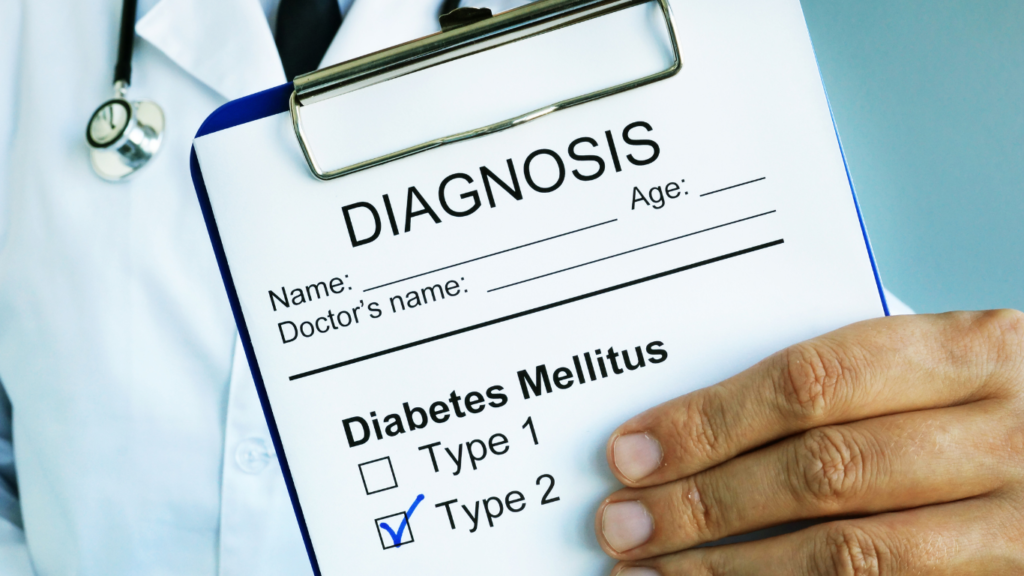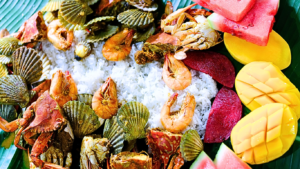
Before my diagnosis, I knew of and ignored the fact that Diabetes was hereditary in our family. My father was never diagnosed although an above-normal blood sugar level was one of the reasons he could not get life insurance. He was the type of guy who hated going to the doctor. When he did go, he would fight tooth and nail to not give a blood sample. Outside of the doctor’s office, he was mostly a quiet, cooperative man. Two of my uncles eventually got diagnosed with the disease and died from complications related to Diabetes.
Diabetes has become one of the major health issues in the United States. I knew this for a fact but I did not bother to make any positive lifestyle changes to avoid becoming part of the statistics. In hindsight, it was a mixture of arrogance and denial in thinking it could happen to everyone else but me. ‘Like it or not, this rather inconvenient “situation” was already here but it still took me a few years to realize it. It was imperative that I made the necessary changes if I wanted to live another 30 years and not miss out on the lives of my children.
In my late 30s, I received some concerning news during a routine visit to my doctor – I was diagnosed as pre-diabetic. The doctor explained that Prediabetes is a condition where blood sugar levels are higher than normal. However, it was not high enough to be classified as Type 2 Diabetes. The news was a wake-up call. I knew I needed to make some changes to my lifestyle to avoid crossing over into the diabetic territory.
I decided to take the bull by the horns and made a conscious effort to transform my eating habits. Losing weight was one of the critical factors, so I focused solely on altering my diet. I cut out every form of sugar, carbs, processed foods, and unhealthy snacks. Instead, I embraced a balanced diet that consisted of fresh fruits, vegetables, lean proteins, and whole grains. Through sheer determination and dedication, I managed to lose 20 pounds over a few months.
However, despite this accomplishment, I was still in denial. I slipped back into old habits, believing that my healthier weight alone was enough to protect me from diabetes.

A few years later, during a routine check-up, my doctor delivered the news I had been avoiding – I was now officially diabetic. My blood sugar levels had risen beyond the pre-diabetes range, and I could no longer ignore the reality of my condition.
Facing the diagnosis head-on was challenging. I was angry at myself for not taking my health seriously; and for allowing denial to consume me for so long. But this wake-up call was what I needed to truly accept the reality of my situation.
I came to realize that Diabetes management required more than just losing weight. It demanded a holistic approach to my health. I reconnected with my doctor, who provided invaluable guidance on how to manage my diabetes effectively. I started a regular exercise routine, which not only helped with my blood sugar control but also boosted my overall well-being.
Acceptance didn’t come overnight. It was a gradual process of learning and growing. Today, I understand that Diabetes is a lifelong condition that requires continuous attention and self-care. It is not something I can ignore or wish away. By embracing this reality, I’ve taken control of my health and made choices that prioritize my well-being.
If there’s one lesson I’ve learned from this experience, it’s that denial is a dangerous road to travel when it comes to our health. Ignoring a medical condition doesn’t make it disappear – it only allows it to progress unchecked.
Remember, each person’s experience with Type 2 Diabetes is unique. If you or someone you know is dealing with Type 2 Diabetes or any other medical condition, seek advice and treatment from a qualified healthcare professional. They can provide personalized guidance and help you navigate your health journey.
We use cookies on this site to enhance your browsing experience. By clicking “Continue,” you’re giving us the green light to sweeten your online journey. Click “Learn More” for more details.
